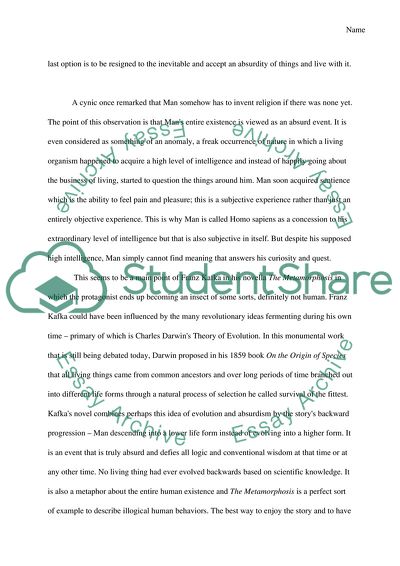Cite this document
(Comparing the Brave New World and Todays World Term Paper, n.d.)
Comparing the Brave New World and Todays World Term Paper. https://studentshare.org/philosophy/1733570-comparing-the-brave-new-world-and-todays-world
Comparing the Brave New World and Todays World Term Paper. https://studentshare.org/philosophy/1733570-comparing-the-brave-new-world-and-todays-world
(Comparing the Brave New World and Todays World Term Paper)
Comparing the Brave New World and Todays World Term Paper. https://studentshare.org/philosophy/1733570-comparing-the-brave-new-world-and-todays-world.
Comparing the Brave New World and Todays World Term Paper. https://studentshare.org/philosophy/1733570-comparing-the-brave-new-world-and-todays-world.
“Comparing the Brave New World and Todays World Term Paper”. https://studentshare.org/philosophy/1733570-comparing-the-brave-new-world-and-todays-world.


